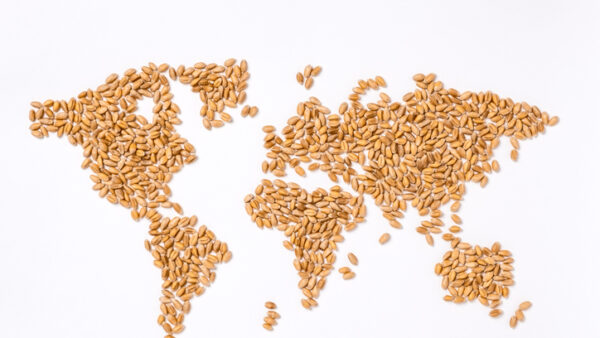Is corporate social responsibility becoming a legal liability? That is a question with the upcoming legislation on International Corporate Social Responsibility (CSR) in Europe. The main social responsibility concerns do not originate in the seed sector, but in sectors such as mining (blood diamonds), textile (sweatshops in Bangladesh) and fruit (penalties on labourer organizations in fruit plantations in Latin America). But they also relate to us! For example, agriculture is prone to child labour. Helping on the family farm is normal all over the world, and I broke the rules as well, picking strawberries during school holidays at the age of 13 or 14. However, when it means that children can’t go to school and suffer life-long effects of physical labour, then we all agree that this shouldn’t happen. All companies operating in, for example, India risk to get involved in such practices.
The OECD has developed guidelines on general “Responsible Business Practices” several years ago and selected agriculture as a specific area of attention1. The guidelines call for risk-based due diligence and include National Contact Points to handle compliance cases. Some countries such as France and Germany have already established national legislation. Now the EU-Commission is developing EU-wide rules which should avoid a patchwork of rules and obligations within the EU. A big advantage is then that such EU-rules give clarity and a level playing field, but it is actually a shame that corporate social responsibility has to be legislated because apparently it cannot be left to our responsible behaviour.
On the other hand, even if we are committed to do the right thing, it is extremely complex to know everything that is happening in our supply chains. Just sending inspectors to seed production fields to see whether children are working there is not enough. Their 4WD’s are spotted at long distance and it is very easy for children to hide in a ditch until the inspector has left. Furthermore, fighting child labour only is no solution for these children when there are no schools to go to and families stay hungry without their childrens’ meagre income. We should want to resolve the causes of child labour, and that requires a very different approach.
How much due diligence is enough when checking our supply chains? How far does responsibility go? Next to child labour and workers’ safety (textile and chemical industries), the aspect of ‘liveable wages’ take centre stage in these discussions. These are independent from and often much higher than government established minimum wages. Yes, we should want to avoid the race to the bottom, which takes place in all kinds of industries. But does that mean that when office cleaners in the US cannot sustain their family from just one job, that we have to stop using the services of such companies?
Even worse: there are calls for taking responsibility not only for the products that we sell and everything that was necessary to produce them, but also for the use of our products. A recent court decision may serve as a case in point. Shell Oil was charged to reduce greenhouse gas emissions, not only in their own facilities but also by their consumers. How will that work out for us? Can we take responsibility for conditions in crop production, flour mills, bakeries and for consumers?
Creating clear guidelines, or even rules, can help all to make the world a better place by weeding out abusive situations. No matter how complex it is to assure that we do the right thing, we have to step up our efforts, not just because otherwise we may be held liable, but because we WANT to do everything possible to contribute to creating fair working conditions all over the world. If the EU rules will help us to do that, we shouldn’t complain even though it would help a lot if such rules would equally apply for our non-EU colleagues. Maybe it is a good think when CSR-laws not only indicate what we need to avoid, but also where the boundaries are of our responsibilities. So: let’s not call out too easily that rules cannot be implemented before we did our homework and stepped up our efforts to analyse risks and remedies. And finally, let’s not take the upcoming rules as a tick box, but let’s continue to be responsible seedsmen and -women.
Footnote: https://mneguidelines.oecd.org/rbc-agriculture-supply-chains.htm













